UN rights experts deplore atrocities in South Sudan
A team of United Nations rights experts has deplored the atrocities committed by all conflicting sides in South Sudan, urging punishment of the perpetrators.
After a 12-day visit to the country, the team on Friday reported harrowing tales of torture, retaliatory killings, abduction of women and children and sexual violence.
"We are deeply disturbed by what we witnessed and heard throughout our visit. The deprivation and range of sexual violence are hard to describe, people are targeted and suffering just for being who they are," Andrew Clapham, one of the UN experts, said in a statement.
The statement came a day after South Sudan’s government and rebel groups inked a ceasefire agreement after talks in the Ethiopian capital, Addis Ababa. The deal, according to the UN, is a "last chance" to stop the four-year civil war. The truce will take effect on December 24.

The rights commissioners welcomed the truce but remained "gravely concerned over the lack of accountability for serious crimes which is fueling impunity throughout the country," said team chair Yasmin Sooka. "Those responsible for this war against civilians must be stopped with the perpetrators of these horrific acts brought to justice."
An 89-year-old widow in the northwestern city of Wau recounted to the team how her husband and two sons were shot in front of her, while a 60-year-old woman said she had been gang-raped by several soldiers.
Young men were also gang-raped or forced to rape relatives in front of family members, according to the rights commission.
"Those perpetrating these crimes seem to be intent on breaking all social norms resulting in societies being torn apart," the team chair said.
The UN experts are due to release a full report on their findings in March 2018.
South Sudan has been gripped by conflict since President Salva Kiir’s main deputy and current opposition leader Riek Machar defected in December 2013 over allegations of plotting a coup.
Tens of thousands of people have been killed and millions displaced in the conflict. Machar was forced into exile in South Africa but forces loyal to him still operate in Pagak and other regions of the world’s youngest country.
HTS rulers name al-Qaeda operative as Syria's new spy chief
Iran voices concern about rising insecurity, violence in Syria
VIDEO | Karachi sit-in amplifies nationwide call for justice for Parachinar victims
Iran strongly condemns Israeli bombing of Yemen's civilian infrastructure
VIDEO | Press TV's news headlines
VIDEO | Israel and Iran’s Nuclear Facilities?
At least three killed as Israel bombs Sana'a airport, power plant
Palestinian children freeze to death amid Israeli carnage in Gaza


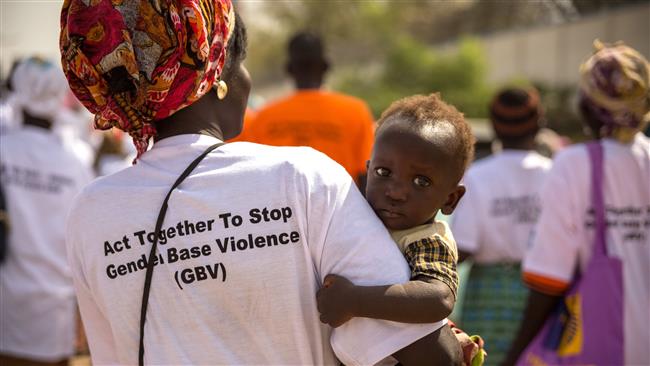

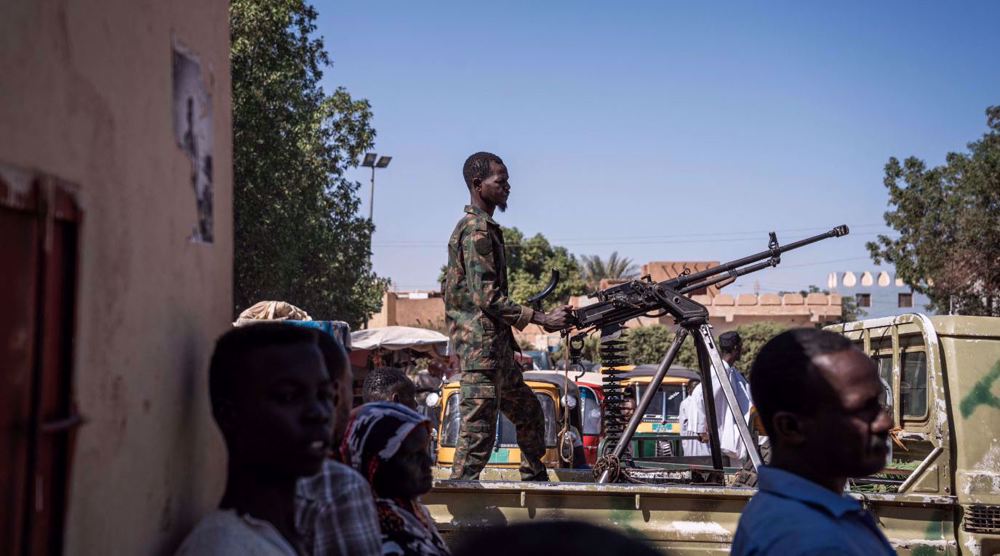
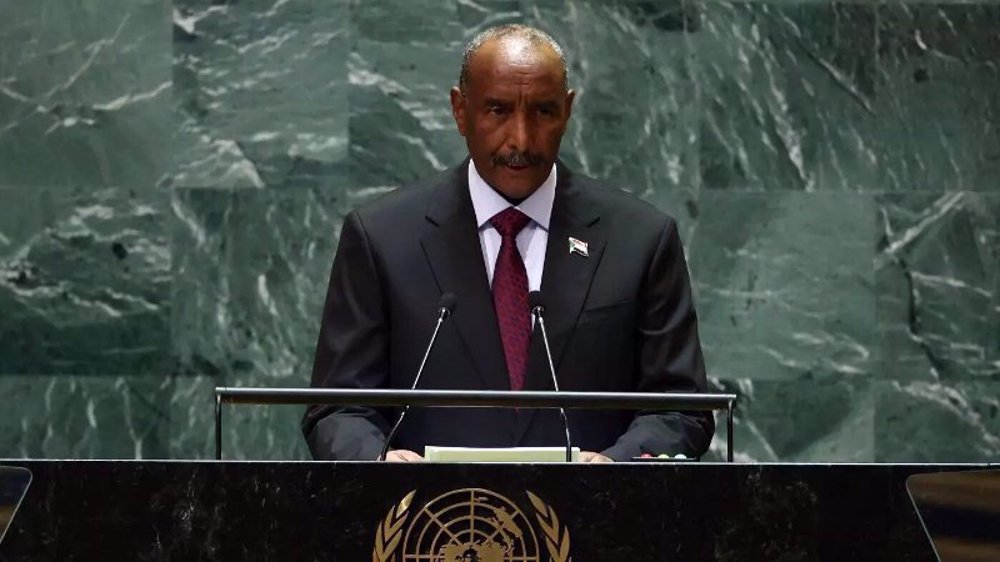



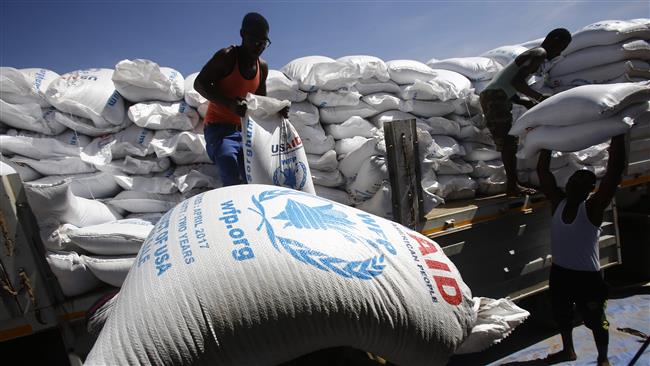
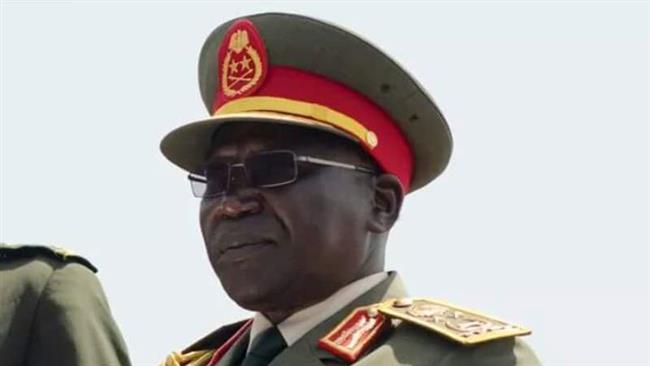
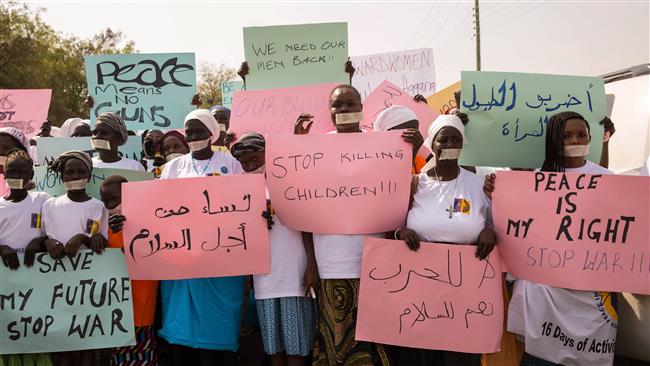
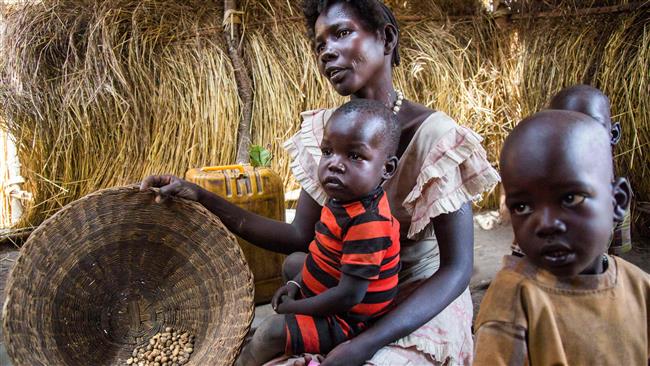
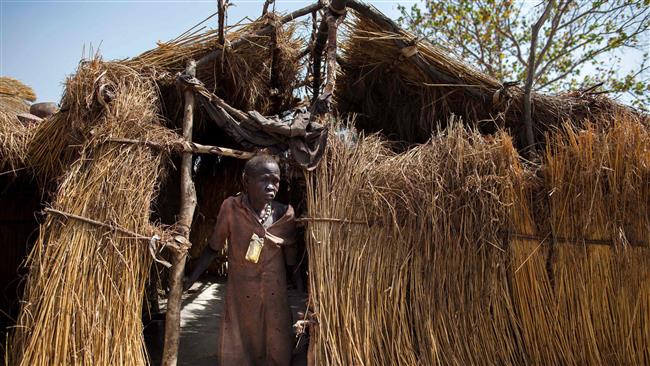

 This makes it easy to access the Press TV website
This makes it easy to access the Press TV website